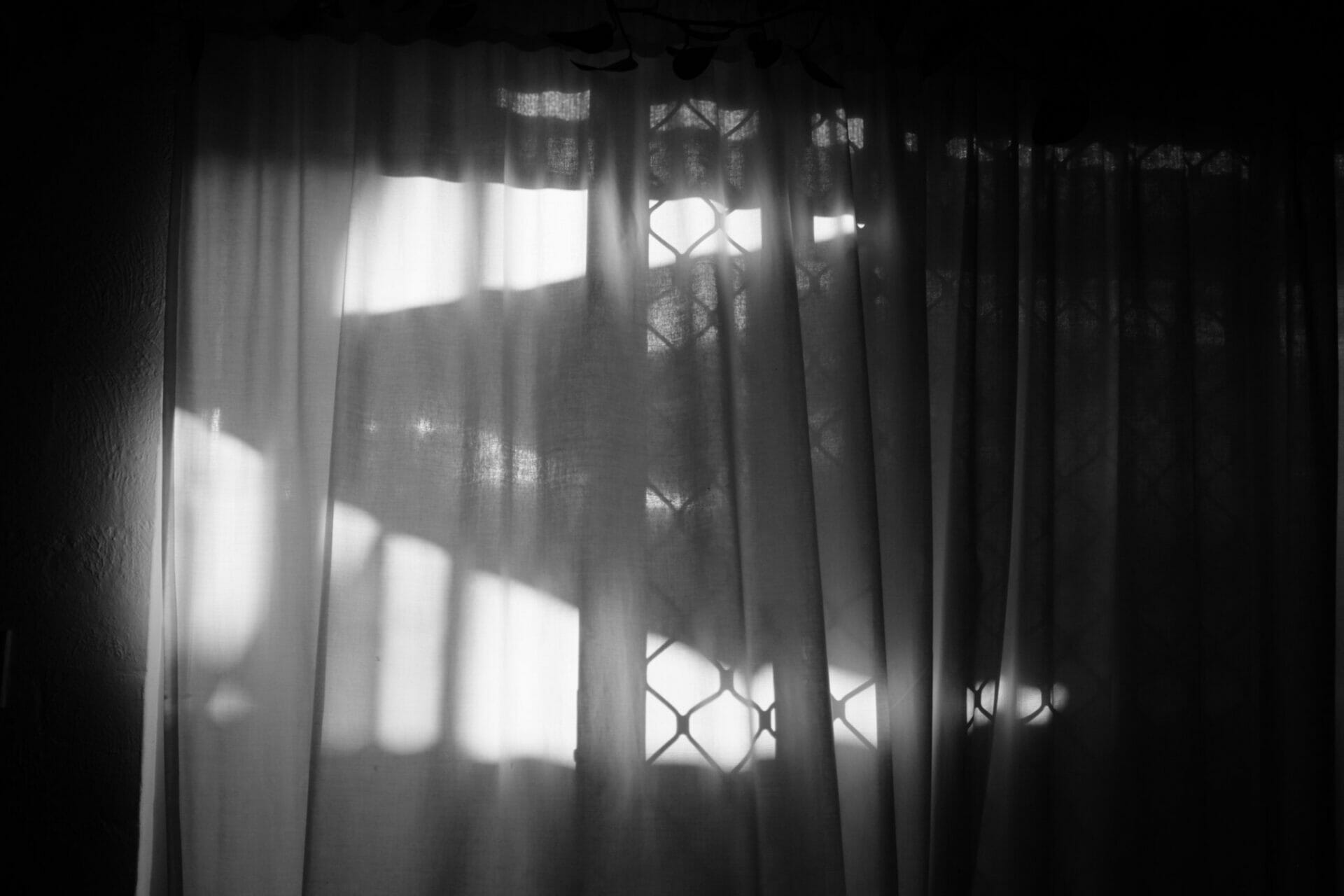
Twenty-One Love Poems | No one’s fated or doomed to love anyone
Author
Year
Format
Adrienne Rich was an American poet and essay writer, who was involved in the political activism of the 1960s, which ranged from civil rights, radical feminism, the anti-war movement and other aspects of counter-culture. Initially married, and after giving birth to three children, she then began a relationship with a woman. As somebody who considered that the personal was inherently political, it came as no surprise that she thought that poetry, too, should be the domain of radical political content. At the very least, hers was.
One example is given by Twenty-One Love Poems, a pamphlet that was first published in 1987, later included in the book The Dream of a Common Language.
In fact, the poems of the collection are a combination of very private moments with a wider expression of what an existence as a lesbian means. At the same time, she has filled her poetry with non-poetic language, dialogic forms, as a search of freedom even in the writing, but never failing to provide it with vivid and delicate images.
How to explore an unexplored world
Through 21 poems (plus one which is titled The Floating Poem), she tells the love story between her and a woman at an adult age, focusing on sweet moments, moments of crisis, and the ending of it. Moreover, it is accompanied by the expression of how the society sees them, of how they are influenced by society: the fear of judgment, the lack of a tradition to lean on, the needed struggle to reach freedom.
I dreamed you were a poem,
I say, a poem I wanted to show someone . . .
and I laugh and fall dreaming again
of the desire to show you to everyone I love,
to move openly together
in the pull of gravity, which is not simple,
which carries the feathered grass a long way down the upbreathing air.
She makes it clear that exploring an unexplored world means working very hard. In the essay Compulsory Heterosexuality and Lesbian Existence, 1980, she shows things from the perspective of women who have decided to live an alternative life, either avoiding marriage (like Emily Dickinson) or living in women communities (like the Beguines), have been denied, hidden by history or just not properly analyzed.
However, she claims they are the result of the so-called lesbian continuum, an expression she invented to define women’s capability of being supportive of each other and succeeding. They also showed the decision of avoiding heterosexuality, which is not natural or intrinsic in human instincts, according to Rich, but an institution imposed upon many cultures and societies that makes women subordinated. That’s why we read through the Twenty-One Love Poems:
and we still have to stare into absence
of men who would not, women who could not, speak
to our life—this still unexcavated hole
called civilization, this act of translation, this half-world.
No one’s fated or doomed to love anyone
Once you understand what you feel and the personal and social reasons why you arrived at this point, she seems to say, you must become the person your life will depend on. The thing to do is always to bet on love and creation, regardless of the difficulties. However, everyone should think about the way they have been loving, the way they have thought love should be and learn a better way, where people don’t cause pain to each other and to themselves, as she says in number XVII of the Twenty-One Love Poems:
No one’s fated or doomed to love anyone.
The accidents happen, we’re not heroines,
they happen in our lives like car crashes,
books that change us, neighborhoods
we move into and come to love.
Tristan und Isolde is scarcely the story,
women at least should know the difference
between love and death. No poison cup,
no penance. Merely a notion that the tape-recorder
should have caught some ghost of us: that tape-recorder
not merely played but should have listened to us,
and could instruct those after us:
this we were, this is how we tried to love,
and these are the forces they had ranged against us,
and these are the forces we had ranged within us
within us and against us, against us and within us.
Tag
Buy a ☕ for Hypercritic









